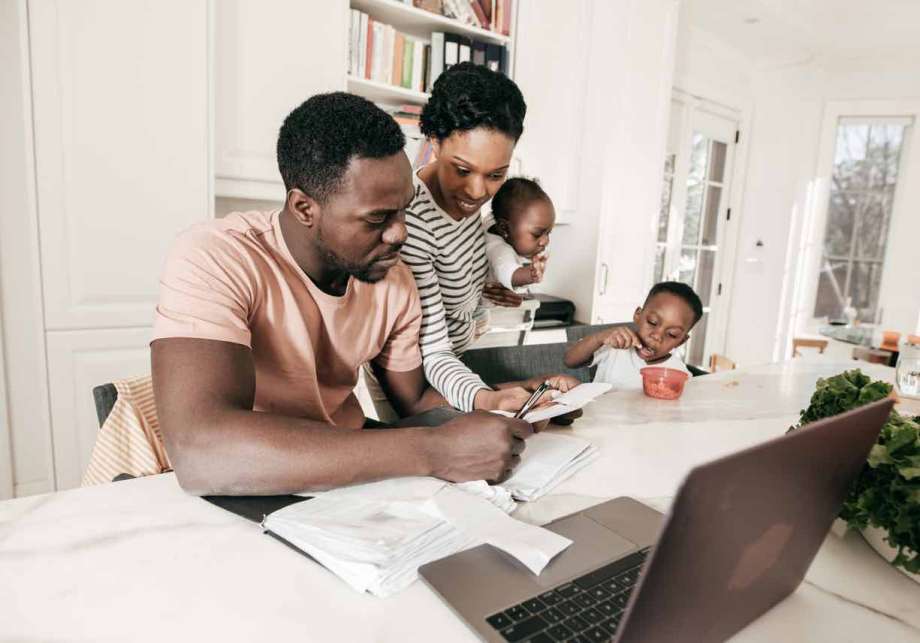Planning for Future Expenses

Planning for Future Expenses
Your own retirement and your child's college education are the major investments you should begin funding as soon as possible. But they're not the only things to prepare for. Unless you're willing to live paycheck to paycheck, unprepared for any financial emergencies, there are other things that you should start saving money for. Are you going to need a new home as your family gets bigger, or a new car? Do you want to have some money saved in case your kids need braces?
Financial Emergencies
Ironically, emergencies are one of the most important things to plan for. Besides your long-term disability insurance, do you have enough of a reserve to get by on if one or both parents can't work for a while and you miss a few paychecks? Will you be able to pay your rent or mortgage or even be able to buy groceries? If a stay-at-home parent gets sick and can't care for the kids, do you have enough money to pay for day care until the parent is better?
Saving a good three to six months' worth of your regular monthly expenses in a savings or money market account can help you be financially prepared for an emergency. Until you have that reserve or buffer built up, you should put off other unnecessary expenses, such as going on vacation or buying a new TV. Of course, you have to actually know what your monthly expenses are first, so figure out your total monthly expenditures and a regular budget and then start saving.
More Kids
Having more kids does introduce a lot of new expenses, including diapers, food, and perhaps increased child-care expenses. One of the highest expenses may be simply the medical cost of having another child. And of course, you will have to think about planning for more than one child to go to college. Fortunately, many other expenses are fixed and so your total monthly expenses might not go up as much as you think as you have more kids. For example, unless another child causes you to outgrow your home or car, your housing and transportation expenses won't increase. And you should be able to use a lot of hand-me-down clothing and baby products from your first child, so you probably won't need to buy another crib, changing table, highchair, or other baby accessories.
E Alert
Your biggest goal should be to avoid any "bad" debt, such as large credit card bills with high interest rates. Paying off this type of debt, and avoiding building up more of it, is even more important than saving for college or building up an emergency fund right now.
Financial Goals
Once you have your emergency fund saved up and you have a plan to fund retirement and college expenses, you can begin to think about other short-term and long-term financial goals.
Your goals might include buying your first house, remodeling the house you live in now, or moving into a bigger one. Other financial goals might include taking a family vacation, buying a boat, starting a business, buying a vacation home, or buying a new car. By planning in advance for some of these expenses you can avoid building up a lot of "bad" debt and having large credit card bills that you can't pay.